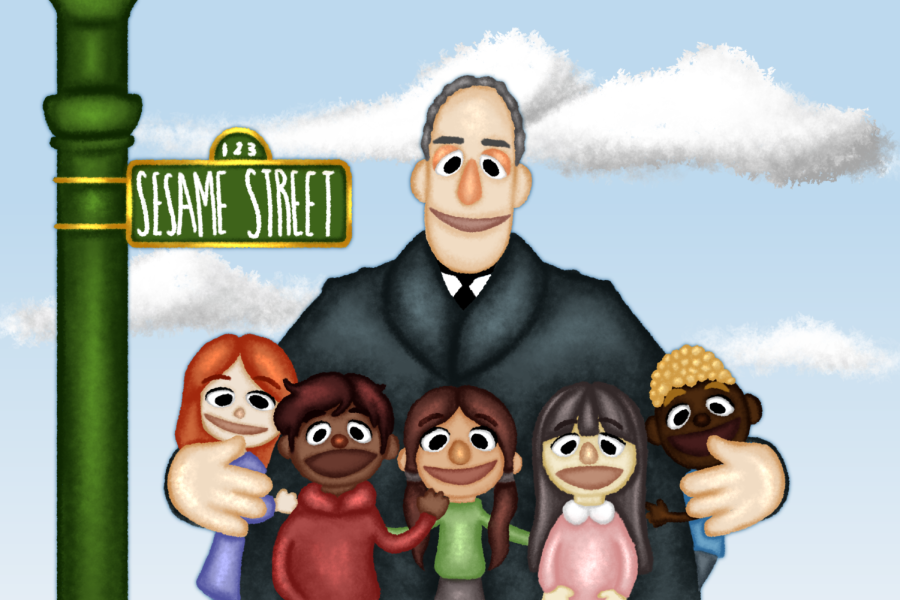Lloyd Morrisett, co-creator of the beloved childhood television series, “Sesame Street,” passed away on Jan. 15 at the age of 93. He helped shape it into one of the longest-running and influential shows in the world, airing its first episode in 1969 and receiving over two hundred Emmy Awards since. Transforming the scope of children’s television, Morrisett will long be remembered for his work behind the screens and impact lasting generations.
Initially set on working in academia, Morrisett earned his Ph.D. at Yale in experimental psychology and took on a teaching job at the University of California, Berkeley. Though passionate about his field, he found teaching uneventful and left to join the Social Science Research Council and later the Carnegie Corporation.
At Carnegie, Morrisett focused on projects surrounding early education but found that, in the wake of the Civil Rights Movement, minority and low-income students entering school were falling behind in their age group. He worked to reduce educational disadvantages but became frustrated that their efforts could only reach a small number of people.
One day, while watching his three-year-old daughter sing a television jingle, he noticed how easily children memorized the lyrics and rhythms of advertisements and wondered if the same could apply to an educational show — making learning accessible and enjoyable for children across the nation.
Thus, the concept of “Sesame Street” was born. He pitched his idea to Joan Ganz Cooney, a television writer and producer, who quickly came on board. Cooney spent the following months writing a report titled “The Potential Uses of Television in Pre-School Education,” while Morrisett reined in millions of dollars from Carnegie and the Ford Foundation to fund their project. Together, they created the Children’s Television Workshop, later renamed the Sesame Workshop, to produce “Sesame Street.”
“Sesame Street” became the first children’s show to incorporate educational material into its content, setting itself apart from typical cartoons of the time like “Tom and Jerry” and “Looney Tunes.” Beyond the fun music and brightly colored characters, “Sesame Street” also stood out for its diverse representation. Introducing characters with struggles like homelessness or parent incarceration, the show encourages children to sympathize with their experiences rather than vilify them.
The series was also one of the first to feature someone with Down syndrome on television and Muppets who were also chronically ill or disabled. Characters like Kami, who is HIV-positive, and Julia, who is autistic, teach children to embrace each other’s differences.
“The Muppets were different colors, different shapes, different sizes,” Morrisett said during an interview with WBUR-FM in 2019. “That was put in to show kids that they could be friends with people who weren’t like them.”
Embracing themes of compassion and inclusivity, the show shines for its authentic approach to learning. “Sesame Street” continues to be an emblem of many childhoods over half a century since it first aired, thanks to Morrisett’s vision and leadership.
“Without Lloyd Morrisett, there would be no ‘Sesame Street,’” Cooney said. “He was a trusted partner and loyal friend to me for over 50 years, and he will be sorely missed.”




























































